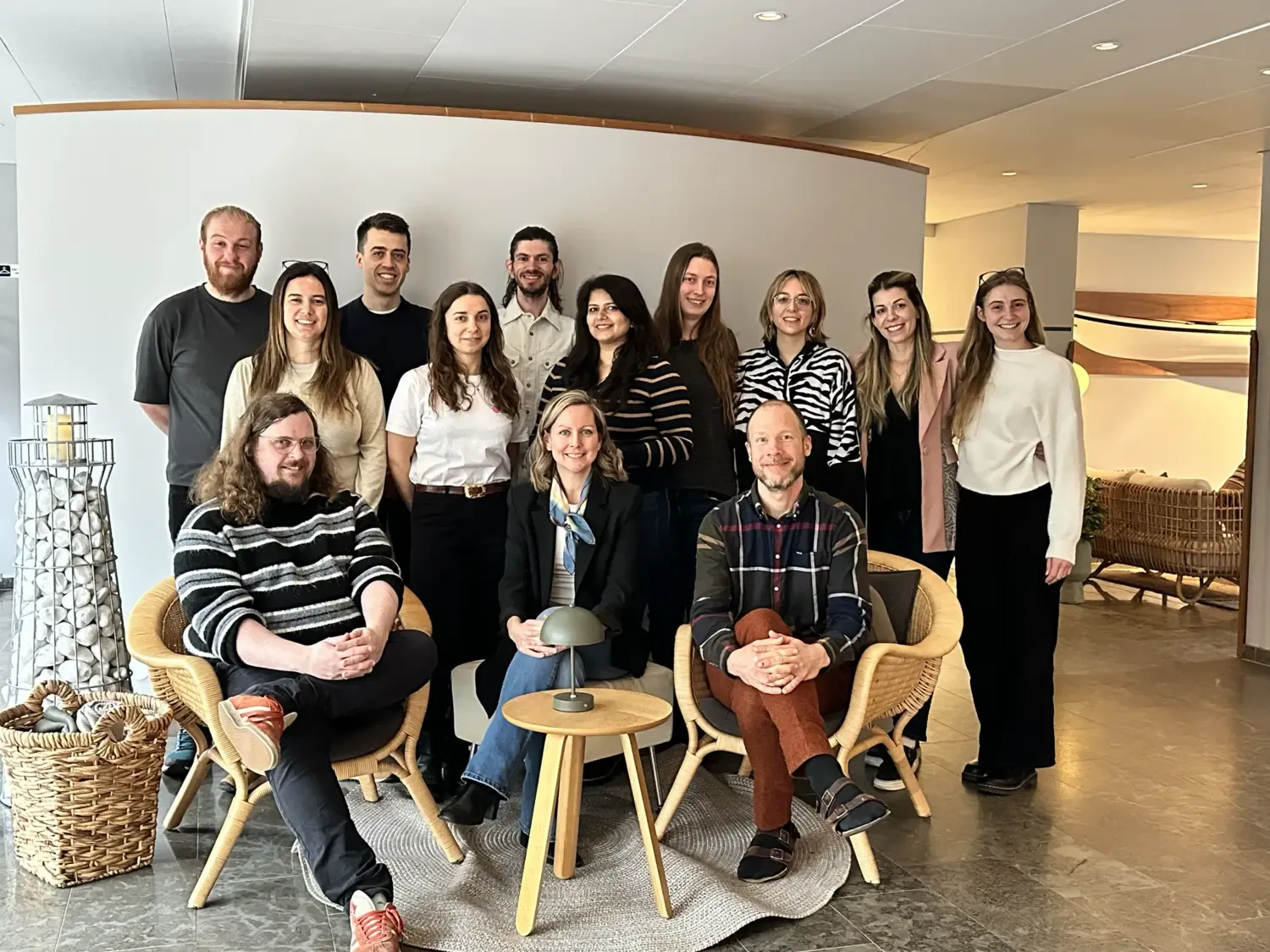Our research
Innate lymphoid cells (ILCs) serve as first-line tissue sentinels, integrating stromal- and immune-cell derived signals to monitor homeostasis, respond to infections and contribute to tissue repair at barrier surfaces such as the lung and gut. More and more data indicate that they might also be involved in disease, such as inflammatory bowel disease (IBD) and cancer in the gut, as well as inflammation in the airways (asthma). We perform internationally leading clinical and translational lung and allergy research in the Clinical Lung and Allergy Research Unit (CLARU).
We are trying to gain insight into basic ILC biology; how these cells are differentiated, regulated and interact with other cells in the immune system. We perform these studies in the context of gut and lung inflammation and gut cancer with the ultimate aim of increasing the understanding of disease mechanisms, discovering novel treatment targets and strategies for patient stratification in biologics treatment.
Translational research
Our research is set up in a truly translational fashion, where we address complex immunological questions in unique tissue material from patients with inflammation or tumors. For this, we use advanced single-cell based techniques such as flow cytometric analysis and sorting, in vitro cell assays as well as several molecular techniques including single-cell RNA-sequencing and ATAC-seq.
In a video from Stiftelsen för strategisk forskning, SSF (in Swedish) Jenny Mjösberg explains the research conducted in the group.
Collaborations
In addition to several collaborations within the Center for Infectious Medicine, we currently collaborate with the following researchers and clinicians:
- Caroline Nordenvall, Ulrik Lindforss, Gabriella Jansson-Palmer; Department of Molecular Medicine and Surgery, KI, and Center for Digestive Diseases, Karolinska University Hospital, Stockholm, Sweden.
- Charlotte Höög and Charlotte Hedin; Division of Gastroenterology, Medical Unit Gastroenterology, Dermatovenereology and Rheumatology, Karolinska University Hospital, Stockholm, Sweden.
- Helena Rolandsdotter, Erik Melén; CLINTEC, Södersjukhuset, KI and Sachs' Children and Youth Hospital, Stockholm, Sweden.
- Jesper Säfholm; Experimental Asthma and Allergy Research Unit, Institute of Environmental Medicine, KI, Stockholm, Sweden.
- Craig Wheelock and Johan Kolmert; Integrative Metabolics. Institute of Environmental Medicine, KI, Stockholm, Sweden.
- Apostolos Bossios; Lung and Airway research, Institute of Environmental Medicine, KI Stockholm, Sweden.
- Mattias Jangard; ENT Unit, Research Laboratory, Sophiahemmet University, Stockholm, Sweden.
- Thomas Höchdörfer, AstraZeneca.
- Carl Jorns; Department of Transplantation Surgery, Karolinska University Hospital Huddinge, CLINTEC, Karolinska Institutet, Stockholm, Sweden.
- Matthew Hepworth; Division of Infection, Immunity & Respiratory Medicine (L5), Division of Immunology, Immunity to Infection and Respiratory Medicine, The University of Manchester.

